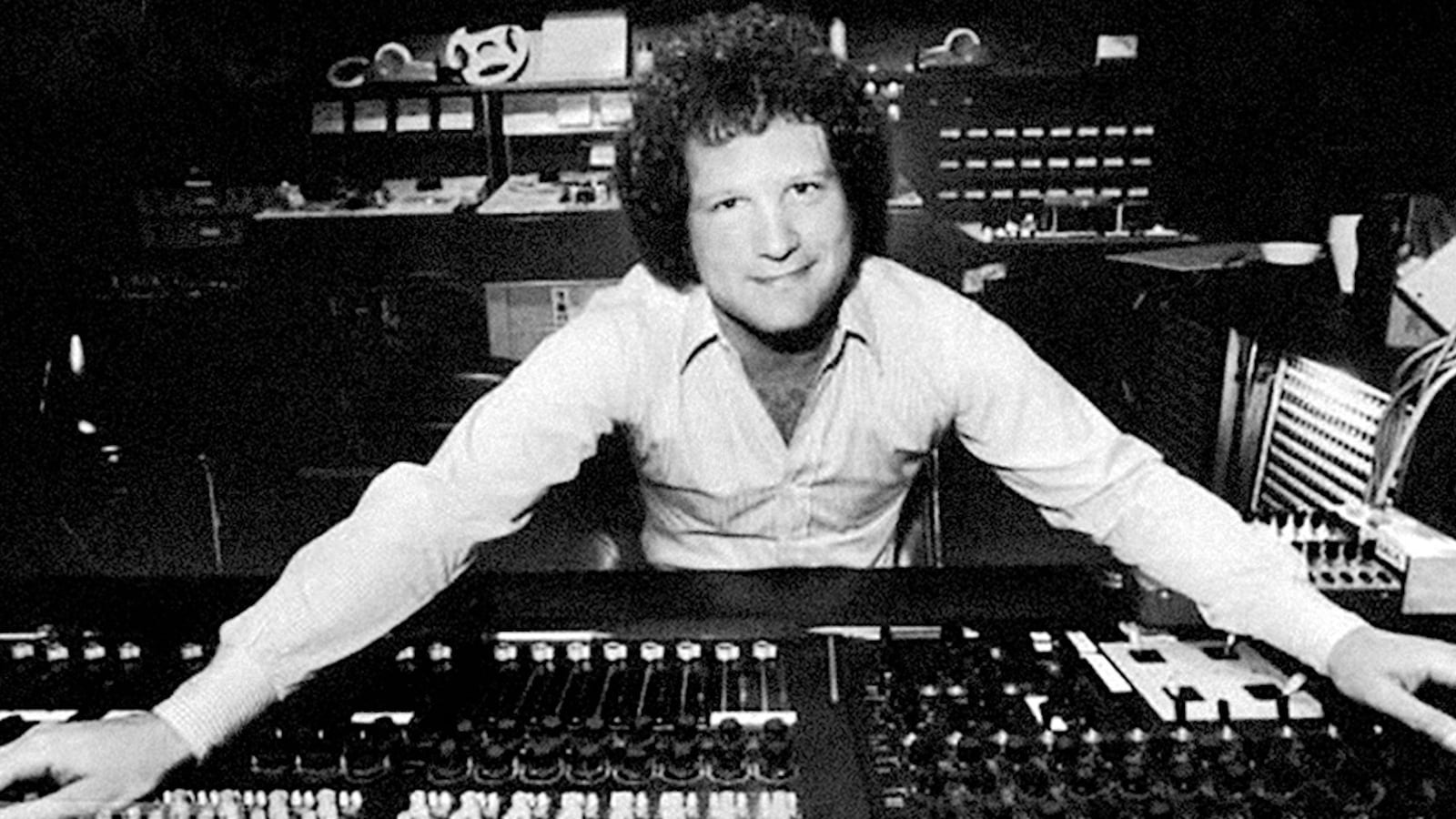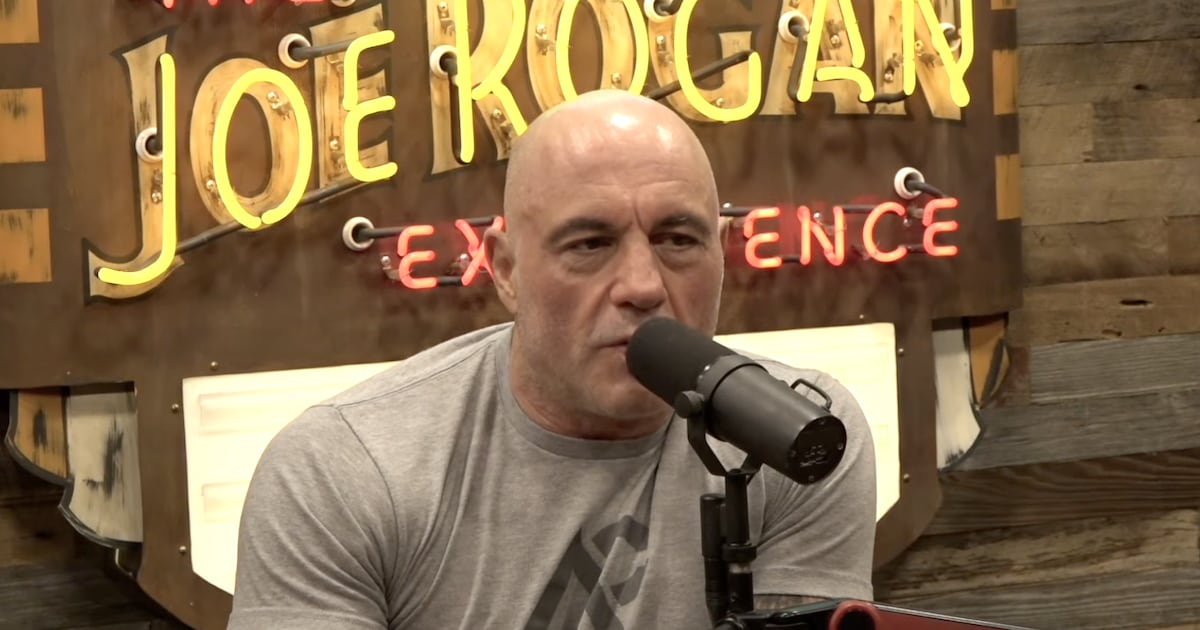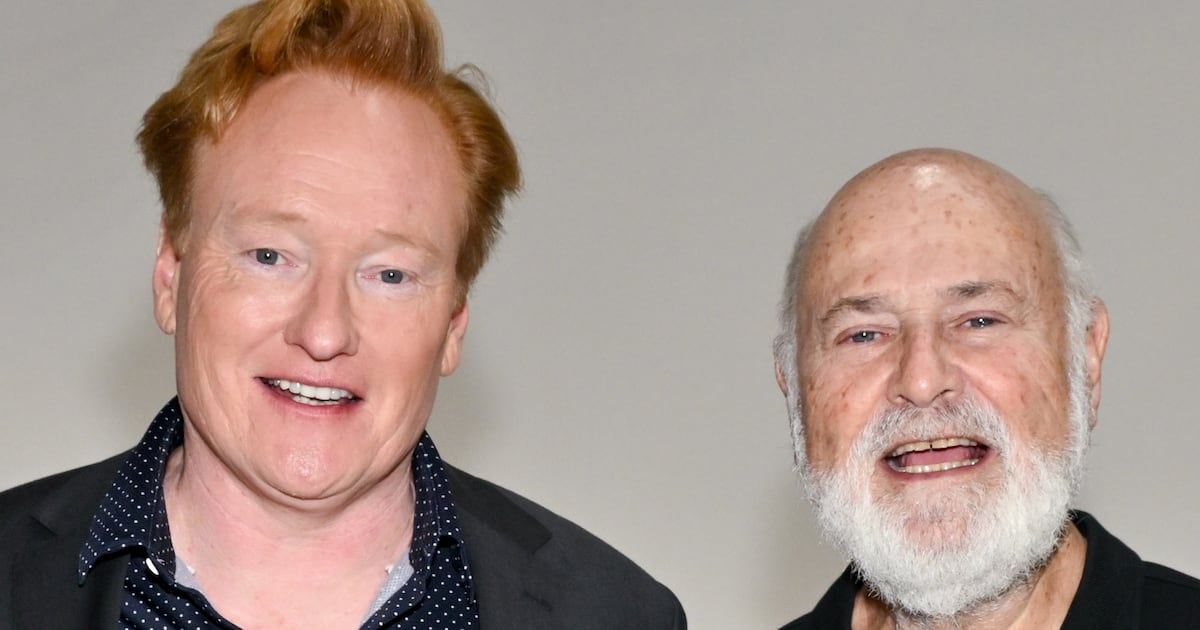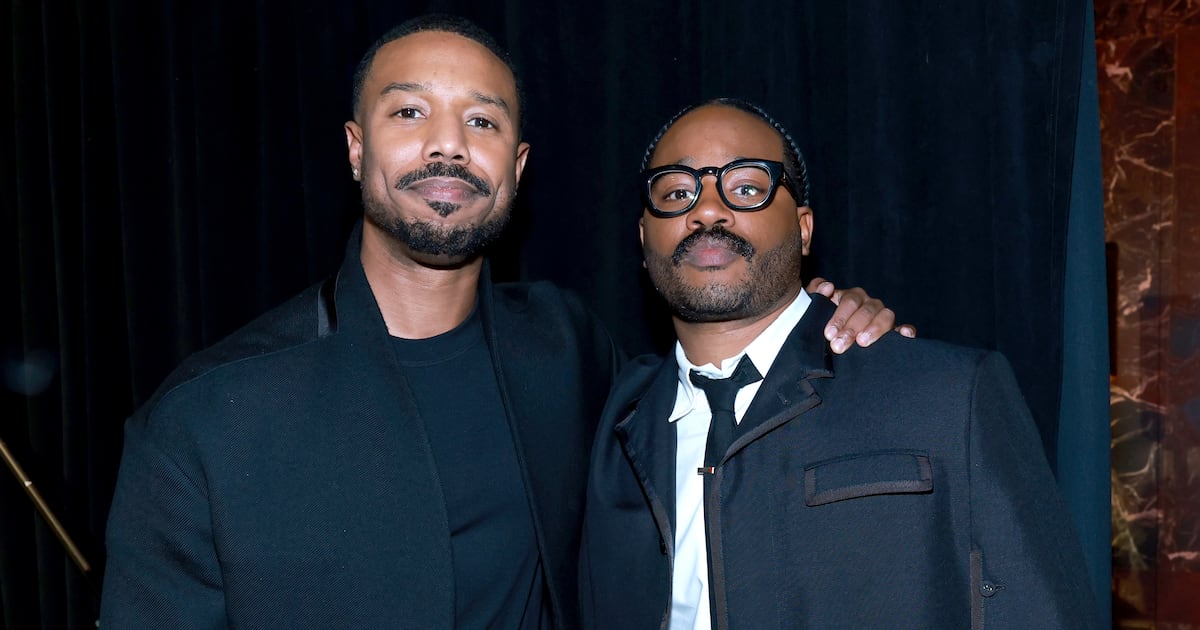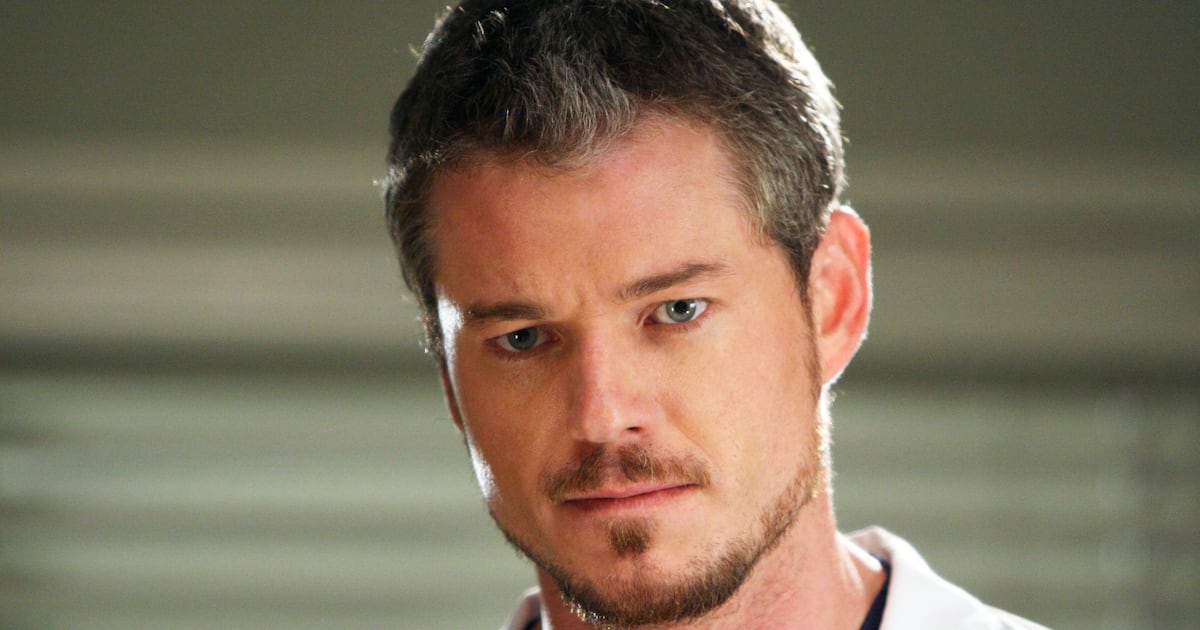Albert Brooks was an early-’70s sensation, pioneering a brand of post-modern conceptual “punk rock” comedy that broke all the traditional stand-up rules and, in doing so, made him a regular fixture on The Tonight Show Starring Johnny Carson and led to two cult albums, Comedy Minus One and A Star Is Bought. As anyone who’s followed his career knows, however, Brooks was far more than just a one-trick jokester, and Albert Brooks: Defending My Life (premiering Nov. 11 on HBO) affectionately details the amazing breadth of his talent, as well as his considerable impact on generations of comedians. Both a comprehensive primer and a nostalgic celebration, it successfully makes the case that few 20th-century funnymen were as daring, pioneering, or outright amusing.
Brooks was destined from birth for either greatness or disappointment, thanks to his show business parents Thelma Leeds (an actress and singer) and Harry Einstein (a comic renowned for his “Parkyakarkus” radio persona) naming him Albert Einstein. Growing up in a Hollywood household and attending a high school with Richard Dreyfuss; the kids of Groucho Marx, Lee J. Cobb, and Joey Bishop; and Rob Reiner—a lifelong friend, and the director of this documentary—no doubt contributed to his interest in the spotlight.

As Albert Brooks: Defending My Life reveals, his gift for making people laugh was notable from a young age, with Rob’s legendary father Carl Reiner hailing the then-16-year-old Brooks on The Tonight Show for a riotous comedy bit that he’d later praise by stating, “Without equivocation, in my life, there are but a handful of times that I ever laughed as hard.”
Stardom quickly followed, at least in comedy circles, with Brooks distinguishing himself via wholly unique routines. Albert Brooks: Defending My Life features plentiful clips of his deconstructionist jokes, in which he turns familiar set-ups and punchlines inside-out, along the way upending any and all audience expectations. A collection of luminaries wax rhapsodic about the effect Brooks’ comedy had on their own lives, from Conan O’Brien, Jon Stewart, and Sarah Silverman to David Letterman, Ben Stiller, Judd Apatow, Larry David, and Steven Spielberg, who used to drive around L.A. with Brooks, filming him spontaneously interviewing people on the street.

“He’s one of the most original thinkers that we’ve ever seen, and will ever see,” says Chris Rock, and that’s confirmed by his early material, which boasts a go-for-broke wildness and thinking-man’s inventiveness that, nearly 50 years later, remains thrilling.
Albert Brooks: Defending My Life is filled with stars’ acclaim, but better is its guiding restaurant-table chat between Brooks and Reiner, childhood pals who lived together in their twenties and collaborated at regular intervals during their careers. Brooks is at once candid and witty in discussing his upbringing, his breakthrough appearances on The Tonight Show (whose routines, stunningly, he didn’t rehearse beforehand), and his crazily innovative and unpredictable spots on various other shows. Brooks’ humor was rooted in his own arrogance, fears, insecurities, and failings, and he traces some of that back to the untimely death of his father at a 1958 Friars Club gala for Lucille Ball and Desi Arnaz, where—mere moments after slaying the crowd with a performance—he had a fatal heart attack while sitting on the dais.

Uninterested in touring the club circuit, Brooks soon shifted his attention elsewhere. A meeting with Lorne Michaels would set the revolving-host template for Saturday Night Live (as well as beget a series of short comedy films). Subsequently, he’d turn to the movies and immediately hit it big with critics with Real Life, a spoof of reality TV that was far ahead of its time and set him on a cinematic course that would result in ensuing masterpieces Modern Romance, Lost in America, and Defending Your Life, all of which he also wrote and directed.
He was a comedic auteur whose output was an unvarnished and entertaining expression of his personal hang-ups. At the same time, he began acting in other artists’ projects, beginning with his debut in Taxi Driver and peaking with 1987’s Broadcast News, for which he was nominated for a Best Supporting Actor Oscar. His voice work in Finding Nemo would endear him to millions of adolescent moviegoers, while his roles in Steven Soderbergh’s Out of Sight and Nicolas Winding Refn’s Drive would demonstrate a heretofore-untapped knack for playing shady criminals.
Brooks elucidates the links between his real and fictional selves in Albert Brooks: Defending My Life, including the obvious ways in which his 1996 film Mother echoed his complicated feelings about his own mom. Reiner doesn’t have to strain to find such connections, since they’ve always been apparent, and his documentary thus puts equal emphasis on simply replaying some of Brooks’ greatest hits. Those include a ventriloquist act in which he doesn’t try to hide his own mouth’s movements, a mime bit in which he won’t shut up, or an elephant-training gag in which there’s no elephant (but there is a frog!), all of which land as forcefully as they did back in the day. His films stand up equally well, especially Lost in America and Defending Your Life, the latter of which, according to Brooks, co-starred Meryl Streep courtesy of a chance encounter at a party thrown by his good friend Carrie Fisher.
Brooks additionally talks about his difficulty getting Looking for Comedy in the Muslim World into post-9/11 theaters, as well as his decision to settle down in 1997 with wife Kimberly Shlain, with whom he has two kids. Now 76, the star proves a funny and introspective tour guide through his past.
Though it’s strange that no real mention is made of his late older brother Bob, the film otherwise covers all the major bases and grants numerous colleagues and admirers opportunities to compliment him, from Spielberg calling him “a comedic tornado” and David dubbing him “the sharpest, wittiest, funniest,” to Apatow pronouncing him “the funniest man in the world.” Letterman even opines, “I would rather have Albert's career than my career." Anyone watching Albert Brooks: Defending My Life—whether in the industry or not—will likely feel the same way.

